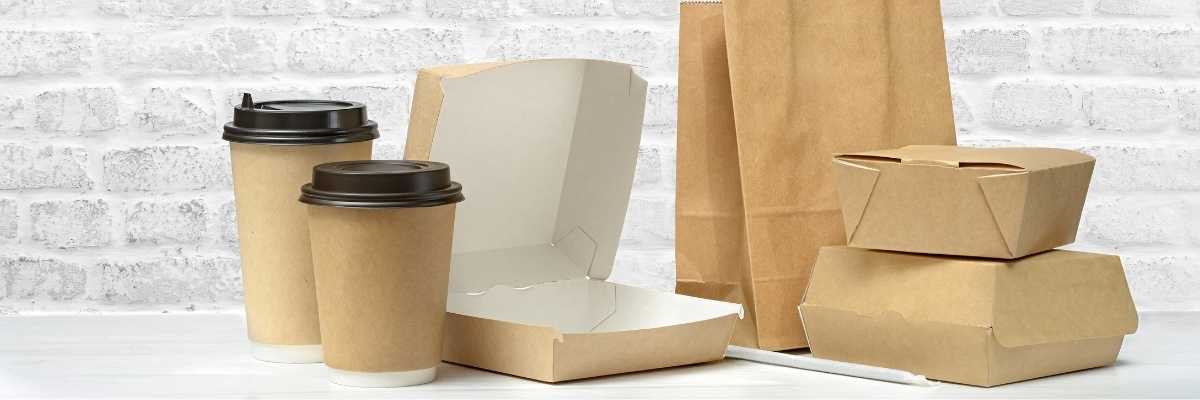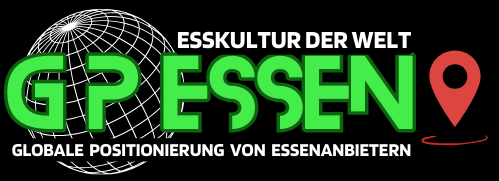Legal accounting aspects to consider in your country

GPEessen offers you some legal accounting guidelines that apply in your country and that you must take into account in order to carry out your business activities here on the platform.< /span>
Small business
To register a small business, you must meet certain requirements, observe sales limits and comply with tax obligations. Here is the most important information:
Requirements for registering a small business:
- Business registration: You must register your small business with the local trade office.
- Tax Office: You need a tax number, which you can apply for at the tax office and pay taxes on your income.
- Hygiene regulations: When you process food, you must comply with the necessary hygiene regulations and standards.
Sales limits for small businesses:
Special sales limits apply to small businesses:
- Sales limit for the small business regulation: Small businesses have special income limits. In Germany, the turnover limit for small businesses is 22,000 euros per year (as of 2021). This means that you can work up to this amount per year without paying VAT.
It is important to note that as a small business you cannot claim input tax, but you also do not have to show sales tax on your invoices. If your income exceeds the sales limit of 22,000 euros per year, you must convert your business into a regular business and pay sales tax.
Tax obligations for small businesses:
- Sales Tax: If you apply the small business regulation, you are exempt from sales tax and do not have to submit advance sales tax returns. However, you are also not allowed to claim any input tax.
- Income tax: You must report your winnings as income on your personal income tax return and pay income tax on them.
- Trade tax: Small businesses are exempt from trade tax under certain circumstances. This depends on the amount of profit and the municipality in which the business is registered.
It is important to note that sales limits and tax regulations are subject to change. Therefore, it is advisable to contact your local tax office or a tax advisor to find out the current rules and obligations for your specific business.
Requirement: Keep all receipts and invoices related to your business activities so that you can present them to the tax office if necessary.
Sideline business: If you have another full-time job , you can register your hobby cooking activity as a side business.
Commercial
As a hobby chef who wants to offer and sell prepared food in Germany, here are the requirements that the tax office can impose:
- Commercial activity:
If you sell food regularly and with the intention of making a profit, the tax office can classify this as a commercial activity. In this case, you must register a business.
It is important to note that tax regulations can be complex and vary depending on individual circumstances. Therefore, I strongly recommend consulting a tax advisor to ensure that you meet all tax requirements and do not have any problems with the tax office. Proper fulfillment of tax obligations is essential to avoid legal consequences.
The requirements of the Ministry of Health

GPEssen collects the necessary information to comply with all the requirements of the Ministry of Health of your country regarding the handling and sale of food. It might interest you before being an entrepreneur at GPEssen.
As a hobby chef who wants to offer and sell prepared food in Germany, here are the requirements set by the health authorities:
1. Hygiene instruction: You must take part in hygiene training and present a certificate of successful participation to prove your knowledge of safe food processing.
2. Food Hygiene: You must strictly follow food hygiene regulations, including hand hygiene, clean work environment, and safe food refrigeration and storage.
3. Allergen management: You must be informed about the most common allergens in food and attach transparent labels to your products in relation to this.
4. Food Safety: You need to make sure the food you prepare doesn't contain any harmful bacteria or contaminants.
5. Permits and Registrations: Depending on your location and the nature of your business, you may need special permits or registrations to sell food commercially.
6. Product Documentation: You must keep accurate records of your ingredients, suppliers, and manufacturing dates to ensure food traceability.
7. Food Labelling: All your products must be correctly and clearly labeled with ingredients, allergens and best before dates.
8. Clean work environment: You must ensure that your work area is clean and hygienic to avoid contamination.
9. First Aid Training: It is beneficial to have first aid training so that you can respond appropriately in an emergency.
10. Liability insurance: (Haftpflichtversicherung) It is recommended to take out liability insurance to cover any liability risks.
These requirements may vary by region or state, so it's important to check for specific regulations and guidelines from local health authorities. Compliance with these requirements not only ensures the health and safety of your customers, but also protects you as a home cook from legal problems.
GPEssen is friendly to the Environment

At GPEssen we have a special interest in caring for our environment. Here are some ideas that you could adopt to pack and ship your orders in a responsible way.
Development:
